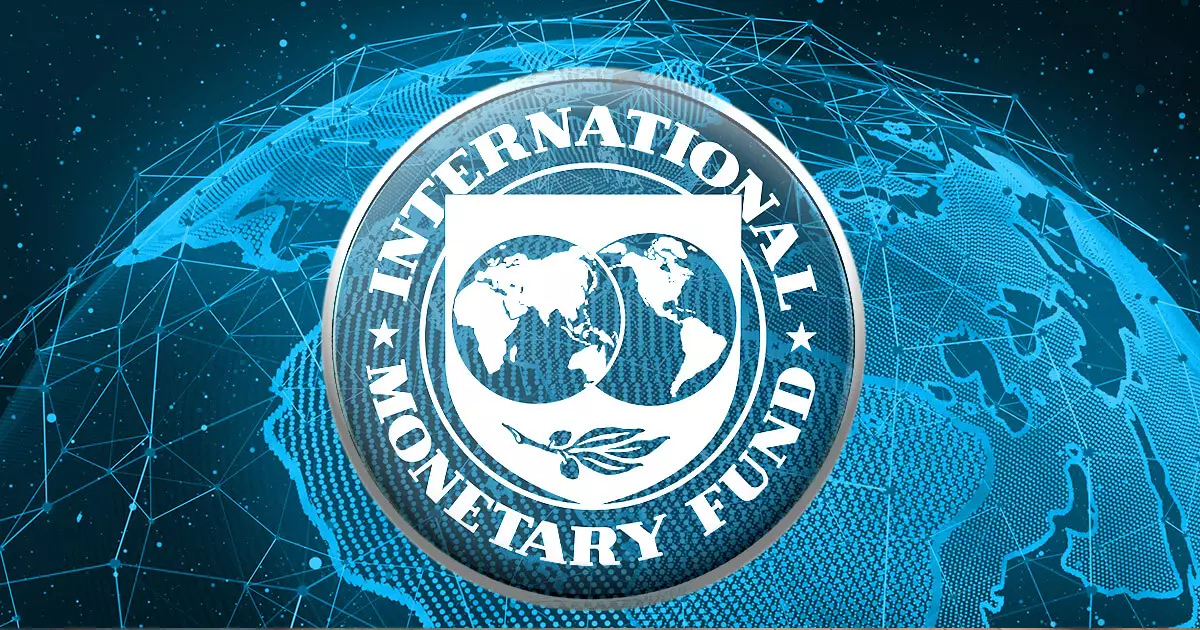Cryptocurrencies like Bitcoin and stablecoins have experienced rapid growth in recent years, raising concerns about their impact on financial stability and integrity. To address these risks, the International Monetary Fund (IMF) and the Financial Stability Board (FSB) have published a comprehensive report commissioned by G20 under India’s leadership. The report synthesizes policy recommendations and outlines a framework for regulating crypto-assets.
The report highlights various risks associated with crypto-assets that could undermine monetary policy effectiveness, increase fiscal risks for governments, and reduce the efficacy of capital flow management measures. Moreover, the widespread adoption of crypto-assets may amplify financial stability risks by increasing volatility interconnections and transmitting shocks faster across the global financial system. The report specifically identifies stablecoins as a “significant risk,” citing their potential to transmit volatility abruptly and cause financial instability.
To mitigate these risks, the IMF and FSB call for a multi-pronged policy response. The recommendations include strengthening monetary policy frameworks, guarding against excessive capital flow volatility, addressing fiscal risks, implementing anti-money laundering standards, and enacting comprehensive crypto-asset regulation.
The FSB has developed recommendations to ensure that crypto-assets and markets are subject to “same activity, same risk, same regulation,” establishing a minimum baseline that countries should meet. This approach aims to mitigate illicit financing risks and provides a framework for consistent regulation across jurisdictions.
The International Organization of Securities Commissions (IOSCO) seeks to apply its principles to crypto-assets to protect market integrity. The report recommends that additional targeted measures might be necessary for emerging markets based on country-specific vulnerabilities. However, these measures should complement macroeconomic policies, strong institutions, and comprehensive regulation.
The IMF and FSB propose a roadmap for the effective implementation of the crypto-asset policy framework. Capacity building beyond G20 members, enhanced global coordination and cooperation, and addressing data gaps in the rapidly evolving crypto-asset ecosystem are key aspects of this roadmap.
The report highlights the importance of authorities’ readiness to regulate and supervise global stablecoin arrangements. It emphasizes that authorities should have the necessary powers, tools, and resources to effectively oversee these arrangements and their associated functions and activities.
The report also underscores the significance of cross-border cooperation, coordination, and information sharing among domestic and international authorities. Through this collaboration, efficient communication, information sharing, and consultation can be fostered, promoting regulatory and supervisory consistency.
In addition to regulation, the report emphasizes the need for crypto-asset issuers and service providers to establish comprehensive governance frameworks. Clear lines of responsibility and accountability should be defined to ensure proper governance. The report also highlights the importance of robust risk management frameworks to address financial stability risks associated with crypto-asset service providers.
The document emphasizes the need for robust data collection, recording, and reporting systems by crypto-asset issuers and service providers. Comprehensive, clear, and transparent disclosure standards should be established to enhance transparency in the crypto-asset ecosystem. Financial stability risks arising from interconnections and interdependencies within the ecosystem should also be identified.
The publication of this report by the IMF and FSB underscores the importance of regulating crypto-assets to ensure financial stability and integrity. By implementing the recommended policies and frameworks, countries can address the risks posed by the rapid growth of crypto-assets. Through international cooperation and coordination, a comprehensive regulatory landscape can be established, protecting market integrity and mitigating financial risks associated with crypto-assets. As the G20 summit approaches, the discussions around this report will play a crucial role in shaping the future of crypto-asset regulation.


















